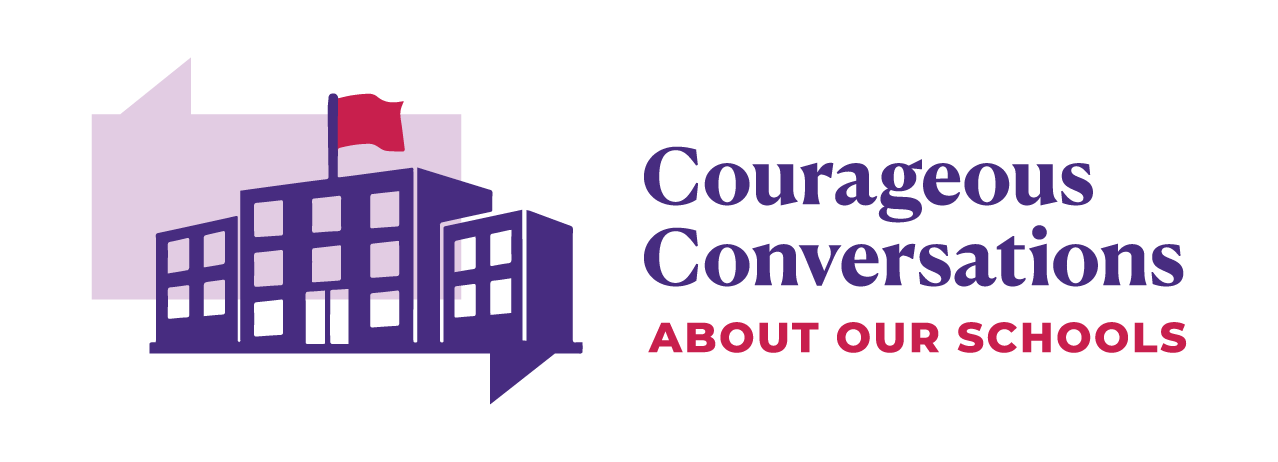The Pushback Against Social Emotional Learning. Where it's Coming from and How it Hurts Children (Ep. 16)
Listen & Subscribe
Choose your preferred player:
Episode Notes
In part 2 of this episode, host Ken Futernick continues his conversation with author Stephanie Krauss about Social Emotional Learning (SEL) and her new book, Whole Child, Whole Life. They explore the growing pushback from conservative policy organizations, like the American Enterprise Institute, and from parent rights advocates like Stephanie McWilliams who says, “Social Emotional Learning is the latest craze that is taking over our education across our country. It is a program that schools are adopting to shift the school culture and educate what they call the whole child…They assume the role of parents essentially by using brainwashing techniques and role playing to teach children how to think and feel about life.”
Krauss concedes that teachers are not always adequately prepared to promote Social Emotional Learning. “In my own children's lives, even though I have been involved nationally in social emotional learning for years, I have been pretty disappointed with some of the SEL I programs that they've experienced,” she says.
Futernick says the fact that SEL is not always practiced well can be true of any educational practice - teaching children how to read or to do mathematics. But, he says, this alone is not a reason to construct an indictment of teachers or of the subjects they are attempting to teach.
In trying to get at the source of the resistance to SEL, Krauss is reminded of the book, Switch, whose authors argue that lack of clarity about an idea often leads to confusion. That confusion can then lead to contempt. Krauss speculates that confusion about SEL could be the cause of the contempt that Stephanie McWilliams and others have for this educational approach.
Futernick raises the possibility of a more sinister explanation - that misinformation and confusion about SEL may not be due to poor messaging from educators, but instead of the work of what journalist Amanda Ripley calls “conflict entrepreneurs” - people who manufacture crises in local communities, who deliberately instill fear and pit groups against one another for political or financial gain.
Krauss does not dismiss this more disturbing possibility. “[I]f I was a bad guy and I was looking at a long game, a multi-generational strategy, one of the best ways to take down and break down the democracy or a neighborhood or nation would be to really mess up its kids,” she says. “And in this moment, our kids need social and emotional support more than they ever have before. And if we allow confusion and contempt to get in the way of providing those supports and removing those supports from the places where they spend the most of their time, we are engaging in life-threatening practices. And so before we do that, it's worth the risk and the discomfort of coming together to figure out what we actually mean when we talk about social emotional development.”
ABOUT STEPHANIE MALIA KRAUSS
Stephanie Malia Krauss works at the intersection of education, youth development, workforce development, and human services. Her work and writing focus on what young people need to build lives and futures they love. She has worked with brilliant leaders across the US to advocate for and build systems, structures, policies, and practices to make that possible.
She’s the founder and principal consultant of First Quarter Strategies LLC, a senior fellow to Education Northwest and the CERES Institute for Children & Youth, a senior advisor for Children's Funding Project, and a staff consultant for the Youth Transition Funders Group. You can learn more about her current projects by clicking here.
She is also the author of Whole Child, Whole Life: 10 Ways to Help Kids Live, Learn, and Thrive, and Thrive and Making It: What Today's Kids Need for Tomorrow's World. She regularly writes for parenting and education outlets, including EdSurge and Scary Mommy.
Stephanie’s website: stephaniemaliakrauss.com
About her latest book:
Whole Child, Whole Life: 10 Ways to Help Kids Live, Learn, and Thrive
In a world that seems to grow more unpredictable and challenging by the day, how can we increase learning and joy for children while offering them much-needed support?
Uncertainty and disruption have created a youth mental health crisis that requires all hands on deck. This urgently needed guidebook offers comprehensive and scientifically-grounded methods you can use to support young people’s well-being, no matter what obstacles they face.
Related Reading:
The article referenced in this episode: Frederick M. Hess, April 28, 2022. “How Social and Emotional Learning Became a New Front in the Culture Wars,” The Dispatch. Note: Hess is Senior Fellow and Director of Education Policy Studies at the American Enterprise Institute.
YouTube video, “Beware of Social Emotional Learning,” with Jennifer McWilliams, founder of Purple for Parents Indiana.
Arianna Prothero, June 7, 2023. “Addressing SEL Skepticism: Tips From Education Leaders for Getting Parents on Board,” EdWeek.
About the Show:
Courageous Conversations About Our Schools is a podcast that brings people together for respectful conversations about today’s most contentious issues affecting our schools.
Host, Ken Futernick
Courageous Conversations About Our Schools is hosted by Ken Futernick. Ken also hosts Teacher Stories, a podcast about the profound impact so many teachers have on their students and communities. Teacher Stories produced a special series of episodes on the question, What can schools do to help save our democracy?
Ken is an experienced moderator, a teacher educator, and a long-time advocate for collaboration and civil dialogue.
He is the author of the book, The Courage to Collaborate - the Case for Labor-Management Collaboration in Education.
Please feel free to send comments and questions to ken@schoolconversations.org.











